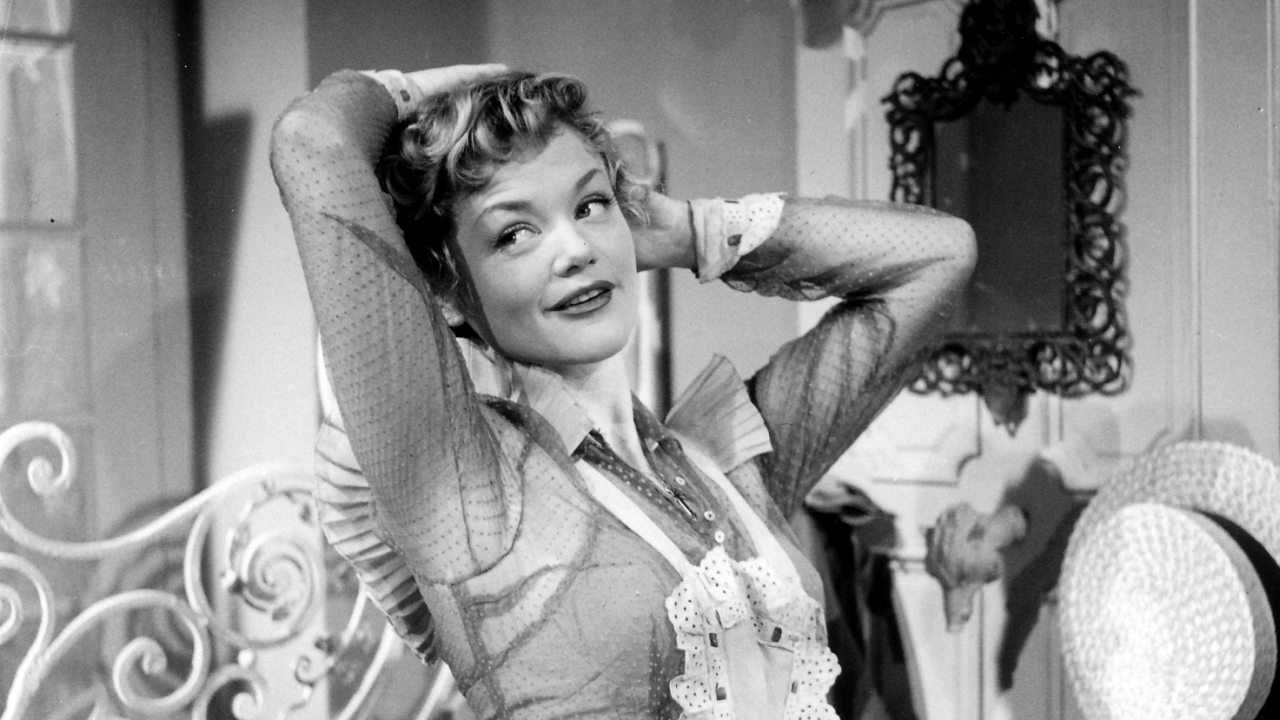La ronde

Simone Signoret, Anton Walbrook, and Simone Simon lead a roundelay of French stars in Max Ophuls's delightful, acerbic adaptation of Arthur Schnitzler's controversial turn-of-the-century play Reigen. Soldiers, chambermaids, poets, prostitutes, aristocrats—all are on equal footing in this multicharacter merry-go-round of love and infidelity, directed with a sweeping gaiety as knowingly frivolous as it is enchanting, and shot with Ophuls's trademark mellifluous cinematography.
SPECIAL EDITION FEATURES
- Restored high-definition digital transfer
- Audio commentary featuring film scholar Susan White, author of The Cinema of Max Ophuls
- Interview with Max Ophuls's son, Academy Award–winning filmmaker Marcel Ophuls
- Interview with actor Daniel Gélin
- Interview with film scholar Alan Williams
- Correspondence between Sir Laurence Olivier and Heinrich Schnitzler (the playwright's son), illustrating the controversy surrounding the source play
- PLUS: An essay by film critic Terrence Rafferty
Cover by David Downton
SPECIAL EDITION FEATURES
- Restored high-definition digital transfer
- Audio commentary featuring film scholar Susan White, author of The Cinema of Max Ophuls
- Interview with Max Ophuls's son, Academy Award–winning filmmaker Marcel Ophuls
- Interview with actor Daniel Gélin
- Interview with film scholar Alan Williams
- Correspondence between Sir Laurence Olivier and Heinrich Schnitzler (the playwright's son), illustrating the controversy surrounding the source play
- PLUS: An essay by film critic Terrence Rafferty
Cover by David Downton

Cast
- Anton Walbrook
- The Meneur de jeu
- Simone Signoret
- The Prostitute
- Serge Reggiani
- The Soldier
- Simone Simon
- The Parlor Maid
- Daniel Gélin
- The Young Gentleman
- Danielle Darrieux
- The Young Wife
- Fernand Gravey
- The Husband
- Odette Joyeux
- The Sweet Young Thing
- Jean-Louis Barrault
- The Poet
- Isa Miranda
- The Actress
- Gérard Philipe
- The Count
Credits
- Director
- Max Ophuls
- Based on the play by
- Arthur Schnitzler
- Adaptation by
- Jacques Natanson
- Adaptation by
- Max Ophuls
- Dialogue
- Jacques Natanson
- Music
- Oscar Strauss
- Sets
- Jean d'Eaubonne
- Cinematography
- Christian Matras
- Assistant director
- Paul Feyder
- Assistant director
- Tony Abboyantz
- Costumes
- Georges Annenkov
- Editing
- Léonide Azar

















